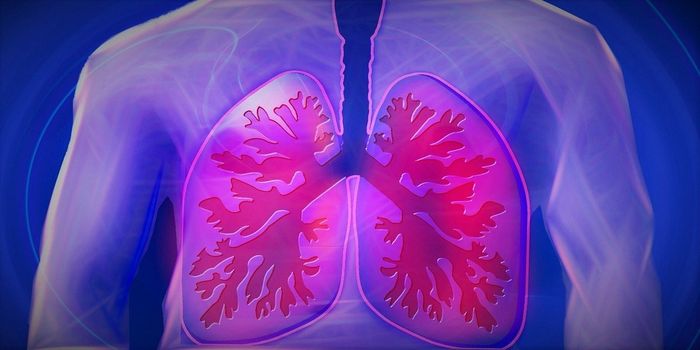The blood is filtered by the kidneys, which remove the toxins and wastes and then send them along to the bladder along with extra fluid, as urine. It is briefly illustrated in this video from Johns Hopkins Medicine; specialists from Johns Hopkins Greenberg Bladder Cancer Institute present more information about cancers of the bladder.
Bladder cancers tend to form in the epithelial or outer layer of cells that are in the bladder and the structures extending from the bladder towards the kidneys. Blood in the urine may be a symptom of bladder cancer, but other problems can cause it as well. Smoking increases the risk of bladder cancer.
Often these cancers are not fatal, but they are incredibly expensive to treat because they tend to come back. These are sometimes called superficial or non-muscle invasive cancers. Another form of bladder cancer is far more aggressive, called muscle-invasive, it is more dangerous.








